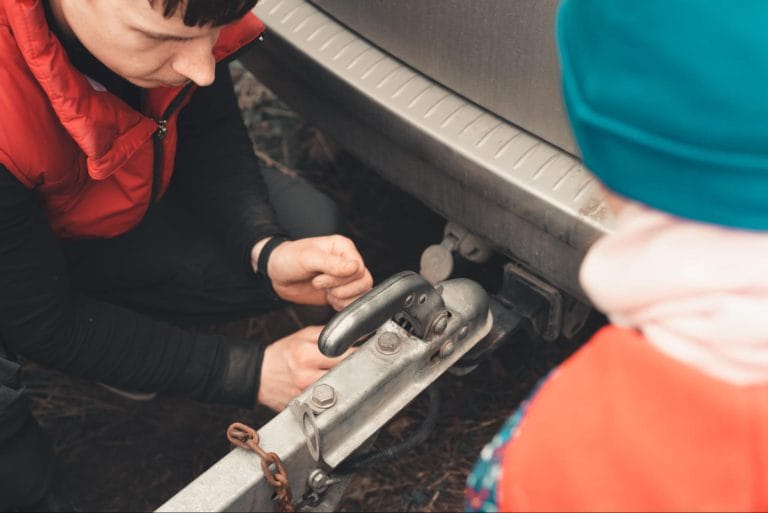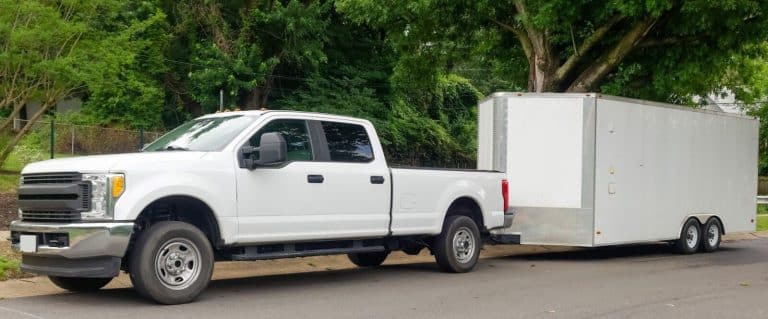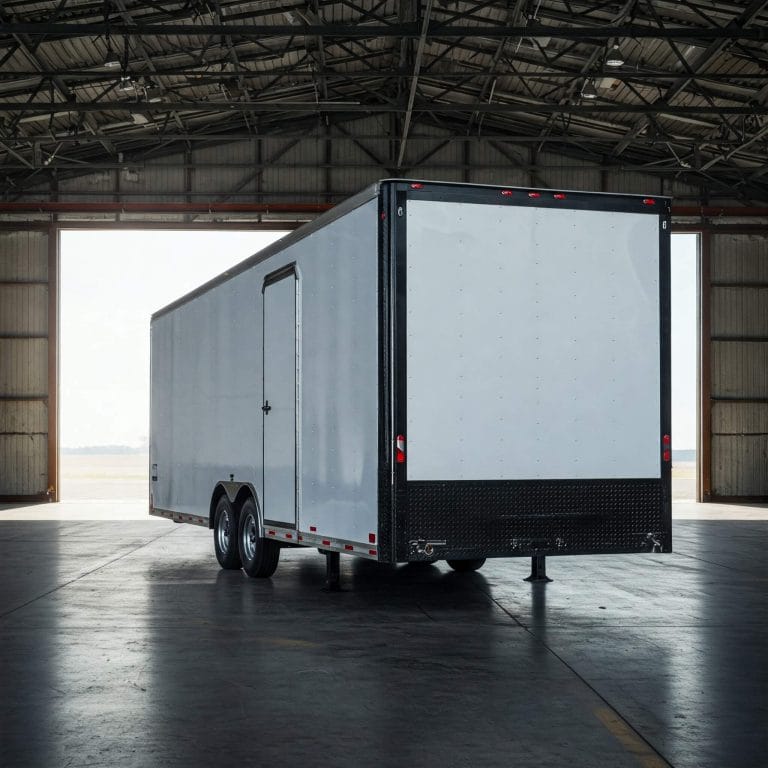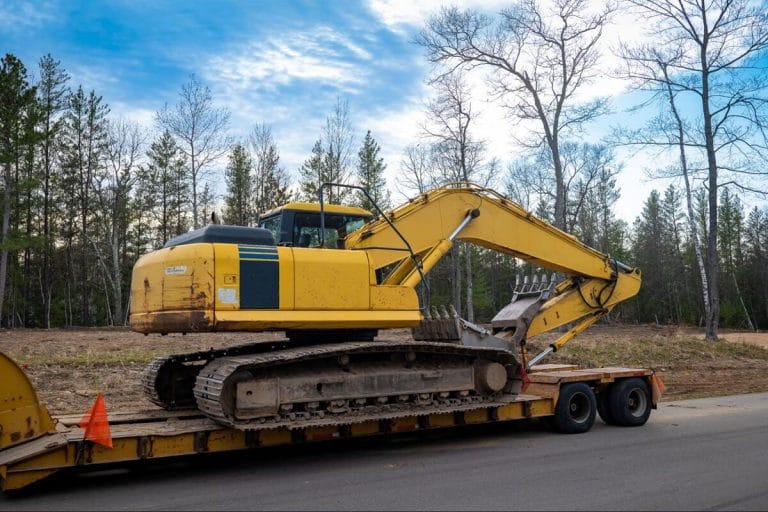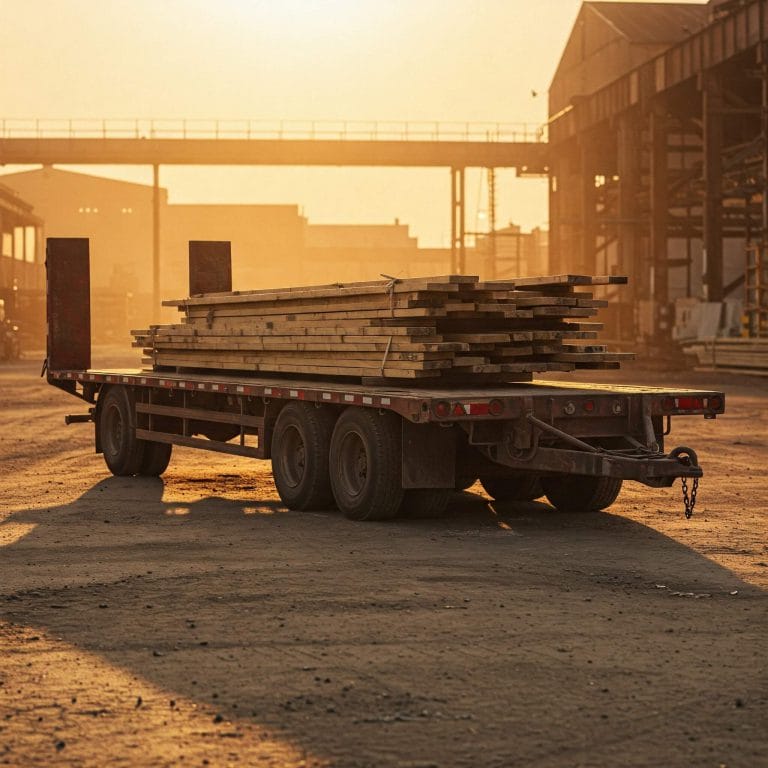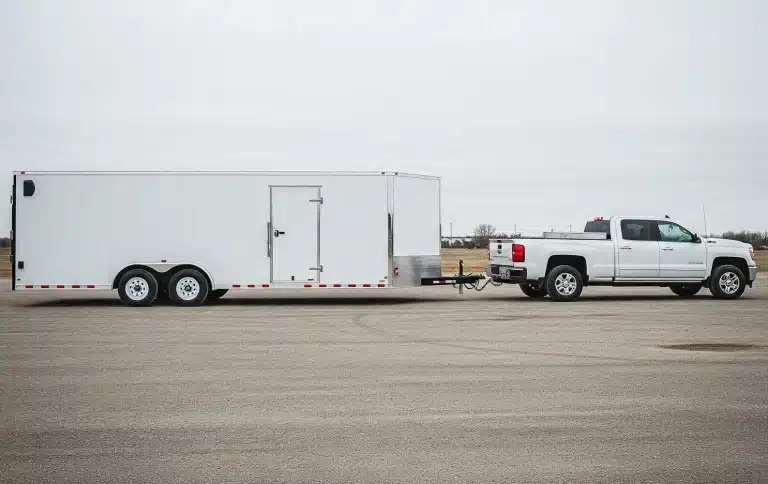When it comes to trailers, the suspension system plays a crucial role in determining ride quality, stability, and overall performance. Two of the most common types of trailer suspensions are torsion axles and leaf springs. Both have their own unique advantages and disadvantages, making the choice between them a critical decision for trailer owners.
Are torsion axles better than spring? In this article, we will explore torsion axles and leaf springs, comparing their key features, pros, and cons to help you make an informed decision based on your specific needs and hauling requirements.
Key Takeaways
- Torsion axles are compact, independent suspensions offering a smoother ride for lighter loads but with lower weight capacity and higher upfront cost
- Leaf springs are robust, traditional suspension with higher weight capacity and lower cost, but requiring more maintenance and potentially providing a rougher ride when unloaded.
- When choosing the right suspension, consider trailer size and weight, intended use, budget, and desired ride quality.
Leaf Springs vs Torsion Axles: Key Features Comparison Table
| Feature | Torsion Axle | Leaf Spring |
|---|---|---|
| Design | Rubber cords in steel tube | Stacked steel leaves |
| Suspension Type | Independent | Dependent |
| Weight Capacity | Lower | Higher |
| Ride Quality | Smoother when lightly loaded | Smoother when heavily loaded |
| Maintenance | Lower | Higher |
| Ground Clearance | Higher | Lower |
| Cost | Higher | Lower |
| Durability | High | High |
| Weight | Lighter | Heavier |
| Best Suited For | Smaller trailers, lighter loads, smoother terrain | Larger trailers, heavier loads, rough terrain |
What Are Torsion Axles?
Torsion axles utilize rubber cords encased in a steel tube to provide suspension. These cords twist when the trailer encounters bumps or uneven terrain, absorbing shocks and vibrations. Each wheel is independently suspended, allowing for better isolation of road imperfections and improved ride quality.
Quick Tip: If you frequently travel on uneven roads, a torsion axle can provide a smoother, more comfortable ride.
Pros:
- Compact Design: Torsion axles are built to be compact, which means they don’t take up much space under your trailer. This gives you more ground clearance, making them a good choice for trailers that sit lower to the ground.
- Independent Suspension: Independent suspension allows for better isolation of road imperfections, resulting in a smoother ride for both the trailer and its cargo.
- Lower Maintenance: Torsion axles typically require less maintenance than leaf springs, as they have fewer moving parts and no greasable components.
- Lightweight: Compared to leaf spring suspensions, torsion axles are generally lighter, contributing to improved fuel efficiency and easier towing.
- Durability: While they can wear out over time, torsion axles are generally robust and can withstand harsh conditions.
Cons:
- Limited Weight Capacity: Torsion axles typically have a lower weight capacity compared to leaf spring suspensions, making them less suitable for heavy-duty hauling.
- Ride Stiffness: While independent suspension offers a smooth ride, it can also feel stiffer compared to leaf springs, especially when lightly loaded.
- Cost: Torsion axles can be more expensive upfront compared to leaf spring suspensions.
- Repair Complexity: While generally durable, if a torsion axle does fail, repairs can be more complex and costly.
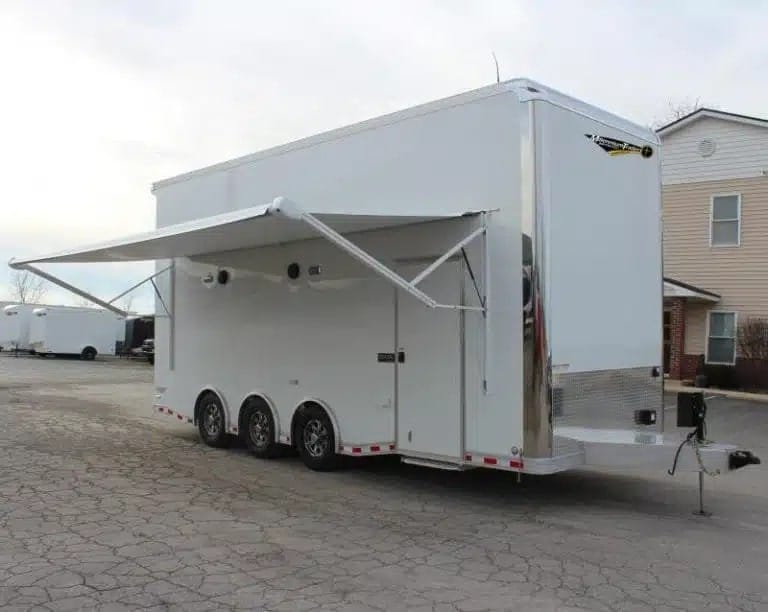
What Are Leaf Springs?
Leaf springs are a common and reliable type of trailer suspension that has been used for many years. They are made up of layers of strong steel stacked together to form a spring-like shape. When your trailer hits a bump, these springs bend and absorb the shock, making for a smoother ride.
Quick Tip: If you're looking for a more budget-friendly suspension option, leaf springs are generally less expensive upfront.
Pros:
- High Weight Capacity: Leaf springs can handle heavy loads, making them a great choice for larger trailers, like gooseneck trailers, or if you often carry a lot of weight.
- Cost-Effective: Leaf spring suspensions are generally more affordable upfront compared to torsion axles.
- Simple Design: Their simple design makes them easier to understand and repair, with readily available replacement parts.
- Durable: Leaf springs are tough and can handle rough roads and heavy use.
- Smooth Ride When Loaded: You’ll get the smoothest ride with leaf springs when your trailer is carrying a full load, as the weight helps the springs work their best.
Cons:
- Higher Maintenance: Leaf springs require regular maintenance, including greasing and checking for wear and tear.
- Lower Ground Clearance: Compared to torsion axles, leaf springs typically have lower ground clearance, which can be a concern for off-road trailers.
- Ride Harshness When Unloaded: When unloaded or lightly loaded, leaf spring suspensions can provide a rougher ride.
- Weight: Leaf spring suspensions are generally heavier than torsion axles, which can slightly impact fuel efficiency and towing ease.
- Roll and Sway: Leaf springs can contribute to more body roll and sway, especially when cornering or encountering crosswinds.
Leaf Spring vs Torsion Axle: What Factors to Consider When Choosing the Right Suspension
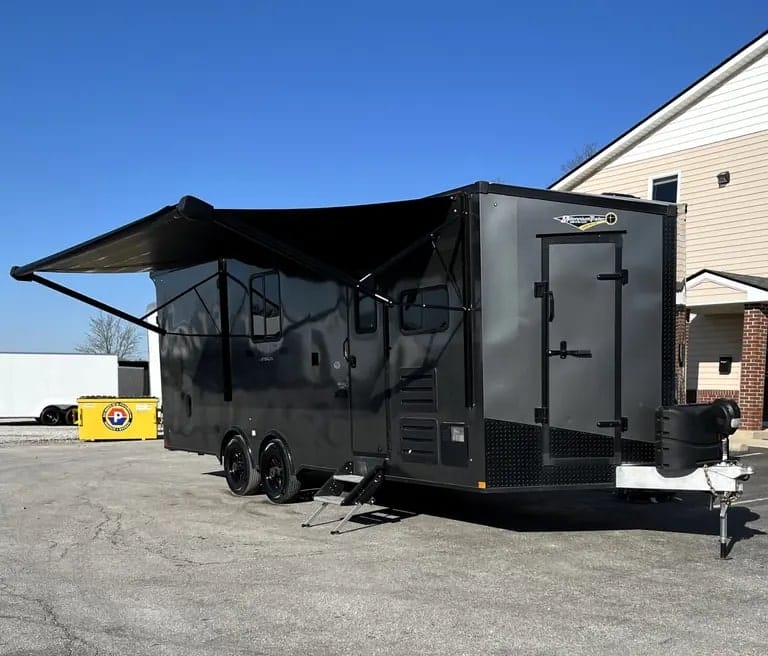
Picking the right suspension for your trailer is an important decision to make. Here are a few things to think about:
- How big and heavy is your trailer? The size of your trailer matters. Bigger and heavier trailers with big loads usually need stronger suspensions like leaf springs. Smaller trailers with lighter loads might be fine with torsion axles.
- What will you use your trailer for? If you’ll be driving on smooth highways most of the time, torsion axles might give you a smoother ride. But if you’ll be going off-road or carrying heavy loads, leaf springs might be better.
- How much can you spend? Torsion axles can sometimes cost more upfront, but they might need less maintenance in the long run. Leaf springs might be cheaper to buy at first, but they might need more upkeep.
- What kind of ride do you want? Torsion axles can give you a more independent and smooth ride, especially with lighter loads. Leaf springs might feel a bit bumpy with lighter loads, but they can be smoother with heavier ones.
Trailer Torsion Axles vs Leaf Springs: Conclusion
When it comes to choosing the right suspension for your trailer, there’s no single “best” option. Both torsion axles and leaf springs have their own strengths, making them suitable for different needs and situations.
To choose the best fit for you, think about how you’ll use your trailer, what you’ll be hauling, and how much you can spend. This will help you find the suspension that offers the safest and most comfortable towing experience.
Ready to find the perfect trailer for your needs? We offer a wide variety of high-quality trailers, equipped with either torsion axles or leaf springs, to suit different uses and preferences. Our team is ready to answer any questions you have and help you choose the ideal trailer and suspension combination for optimal performance.



